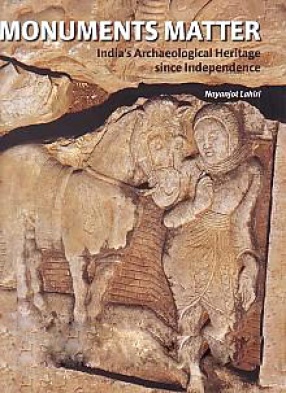
Showing all 7 books
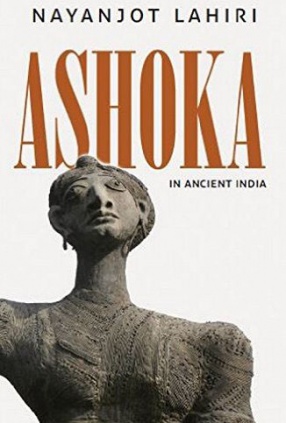
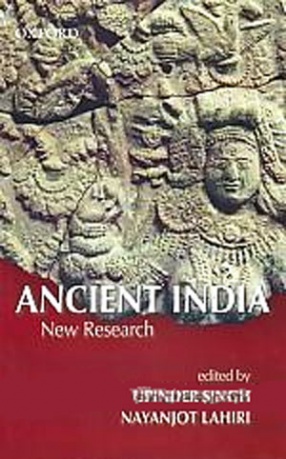

This volume aims to provide a mix of perspectives on Indian archaeology since Independence. 1947 saw a redrawing of the political map, as a consequence of which a united India came to be partitioned into the two nation-states of India and Pakistan. The book begins by looking at the impact this had on monuments, on museum collections, and on the nature of archaeological research itself.
Moving on to examine the whole field of archaeology in India over the next ...
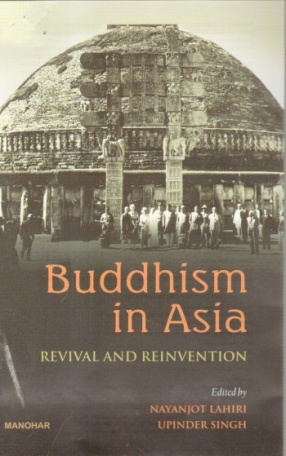
The Birth of Buddhism goes back to the sixth century BCE and, over the centuries, there has been considerable variety as well as considerable change in its doctrines, practices and propagation across the different parts of Asia. This volume showcases the expansion in the religion's contours and popularity in Asia in modern times.
Focusing on India, Sri Lanka and China, the essays in the book highlight the cross-fertilization between Buddhism and contemporary ...

Ancient rulers regarded him as the iconic Buddhist king. Jawaharlal Nehru considered him the greatest emperor of all time. H.G. Wells portrayed him as the sole shining star of antiquity. But who was the flesh-and-blood Ashoka?
The third emperor of the Maurya dynasty, Ashoka ruled an empire encompassing most of India as well as its western borderlands. He was normal as a ruler of uncommon ambition, but utterly unusual as the pioneer of a model of humane ...
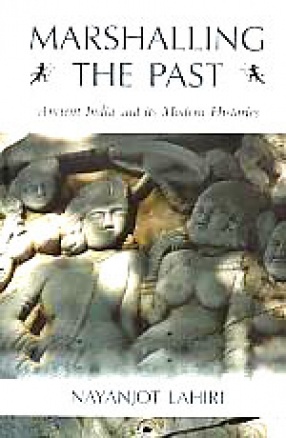

This volume brings together the research of young scholars on a variety of themes related to ancient and early medieval India. It showcases important trends in the reconstruction of India's early past.The essays can be broadly grouped into four parts. The first part contributes significantly to our understanding of archaeology and prehistory through an exploration of the development of archaeology in Bengal: material remains of the Delhi Ridge: and ...

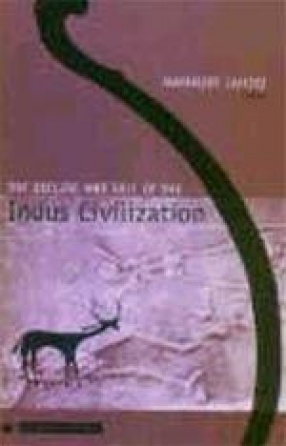
In September 1924 John Marshall announced a momentous archaeological discovery: 'the civilization of the Indus Valley'. This phenomenon has become more generally known as the Indus or Harappan civilization. Names like Mohenjodaro and Harappa have been assimilated into India's cultural heritage and the Indus civilization remains among the most popular and researched themes in the archaeology of India. Marshall's understanding of that discovery was to radically ...
